No Wigs, No Problem: Ivory Coast Beauty Pageants Embrace Natural Beauty Revolution
- by Lara, Abidjan, RNG247
- about 9 months ago
- 468 views
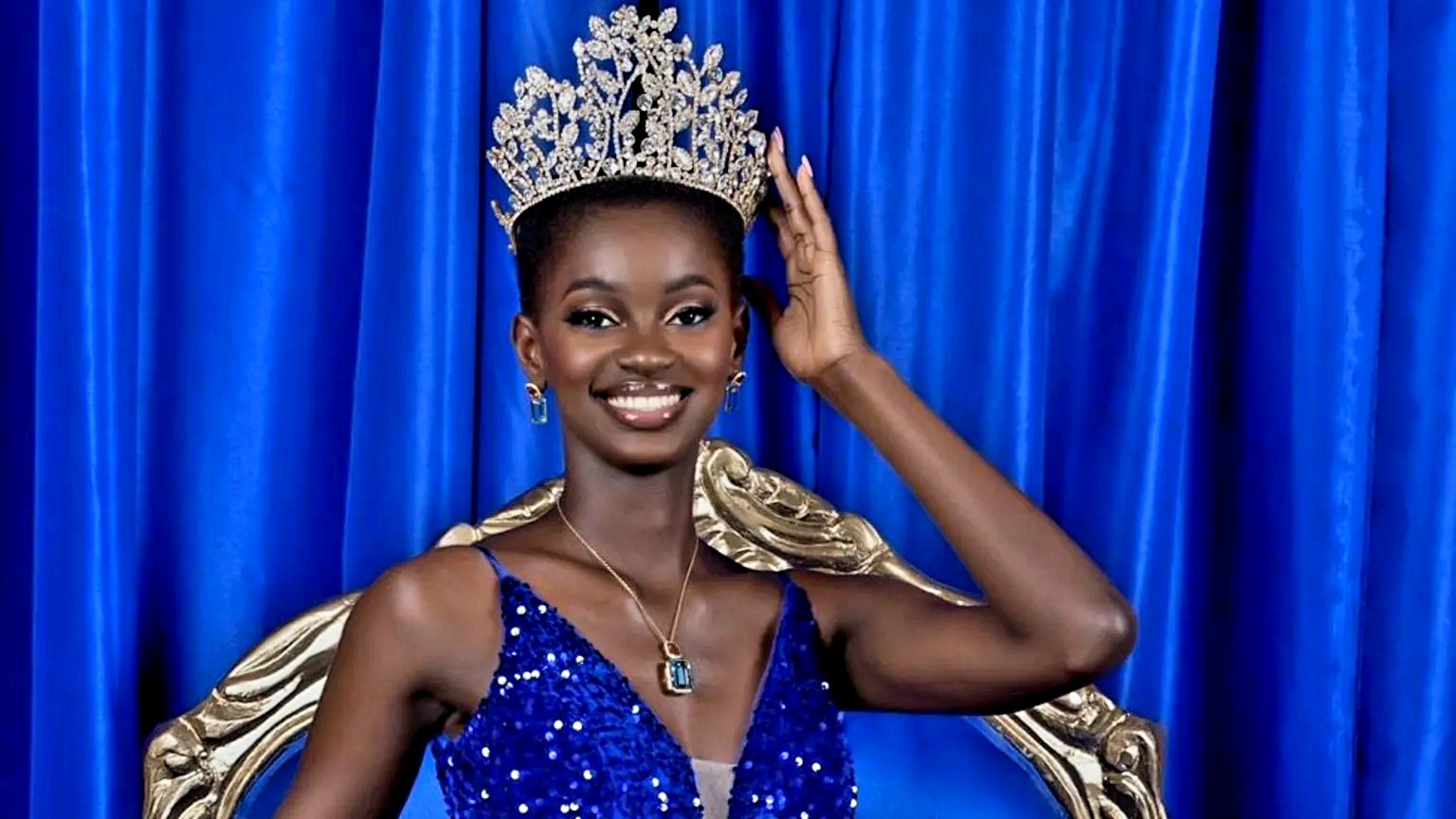
...New Regulations Push Contestants to Celebrate Authenticity Amidst Longstanding Hair Trends
In a groundbreaking shift within the realm of beauty pageants, Ivory Coast is set to redefine standards of representation by banning wigs and hair extensions in the preliminary stages of its national competition. This crucial decision comes as the country aims to spotlight the natural beauty of its contestants and reshape the narrative of beauty in a society where artificial hair has long reigned supreme.
Traditionally, competitors in Ivory Coast’s vibrant beauty contests have invested heavily in elaborate wigs and extensions, striving to meet expectations heavily influenced by Western beauty ideals. The last six decades have seen a mere two exceptions, the latest being Marlène-Kany Kouassi, who won the Miss Ivory Coast title in 2022 while sporting her short natural hair.
However, the winds of change began to gather momentum last December when Angélique Angarni-Filopon, crowned Miss France, challenged norms by embracing her age—34 years—and proudly flaunting her short Afro hairstyle.
This year, the Miss Ivory Coast competition, led by committee president Victor Yapobi, is taking a bold stand. "We want the candidates to be natural—whether with braids or straightened hair, it should be their own. Beauty must be raw," Yapobi stated, signifying a cultural shift where authenticity takes precedence over embellishment.
The new rules not only ban wigs and extensions but also reflect broader changes in the competition criteria. The minimum height requirement has been adjusted to 1.67m (5.4ft), the age limit raised to 28, and the entrance fee reduced by over $30 to just $50, aiming to alleviate the financial burdens on contestants.
At the first preliminary pageant in Daloa, excitement buzzed among participants like 21-year-old Emmanuella Dali, who expressed her joy at the new regulations. "This rule gives me more pride as a woman—as an African woman," she said, emphatically redefining beauty standards previously dominated by artificial hair.
Yet, the response to the ban has been mixed, sparking robust debates about personal expression and cultural identity. While some contestants welcome the opportunity to celebrate their natural looks, others feel the absence of wigs and weaves limits their freedom to showcase their style. Astrid Menekou, a 24-year-old contestant and makeup artist, admitted her initial shock, stating, "I didn't expect this rule! But now? I like my hair, and that's OK."
This discourse highlights a deeper societal conversation about beauty norms, with many questioning whether competitions should dictate standards or if such preferences should be left to individual choice. Laetitia Mouroufie, a 25-year-old student, reflected on her transformation: "Last year, I had extensions because I thought that's what beauty meant. This year, I feel more confident being myself."
The implications extend beyond the pageant stage, with potential economic ramifications for the extensive hair industry in Ivory Coast—valued at over $300 million annually. Local hairdressers, like 30-year-old Ange Sea, expressed concerns about the impact of the ban on their livelihoods. "This rule is not good for us. Many women love wigs. This will hurt our business,” she lamented.
Despite the challenges, the beauty trend of celebrating natural hair is gaining momentum internationally. Influencers and natural hair products have become more widely available, empowering women to embrace their authentic selves contrary to previous norms that promoted hair enhancements as a standard of professionalism.
Florence Edwige Nanga, a hair and scalp expert in Abidjan, highlighted the prevalence of wigs in media representations, stating, "Turn on the TV [here], and you'll see almost every journalist wearing a wig." She underscored the potential health risks posed by these enhancements, including alopecia and scalp infections.
As the preliminary rounds continue, the ongoing discussion surrounding beauty standards may, in fact, lead to a more inclusive acceptance of diverse hairstyles in Ivory Coast. Victor Yapobi reports positive responses to the changes, stating, "Everyone congratulates us... for wanting to return to our roots."
While the fate of the wig ban for the final contestants of Miss Ivory Coast 2025 remains undecided, the upcoming extravaganza in Abidjan promises to be a historic event, broadcasted nationally, as a reflection of shifting perspectives on beauty.
For Doria Koré, newly crowned Miss Haut-Sassandra, her triumph encapsulates a deeper meaning: "Winning with natural hair shows the true beauty of African women.” For participants like Emmanuella Dali, regardless of outcomes, the new rules signify a more profound victory—self-confidence in their authentic identities. “I didn't win, but I feel proud. This is who I am.”



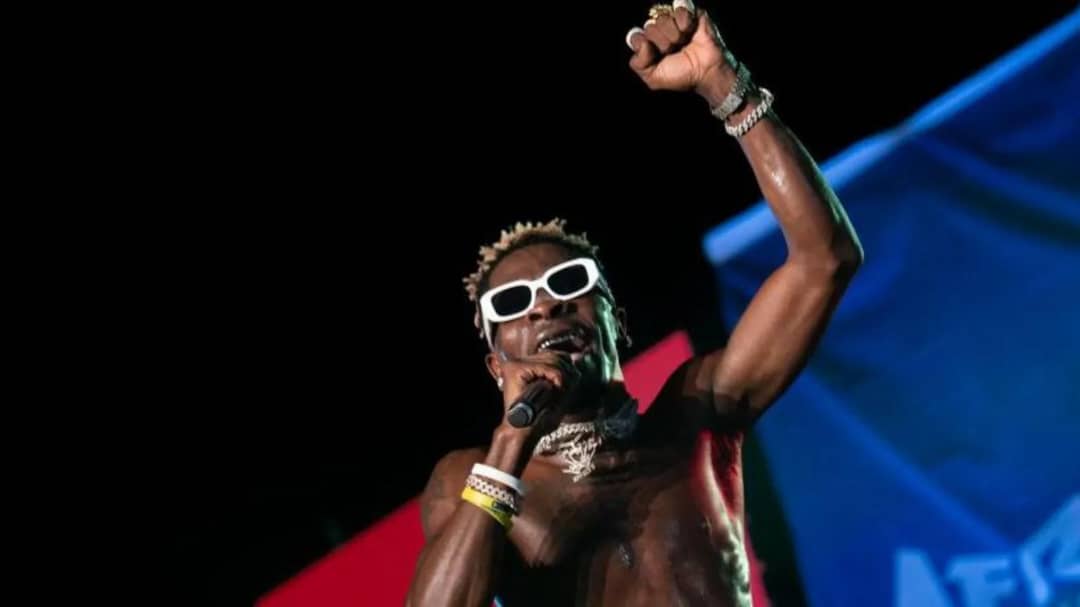
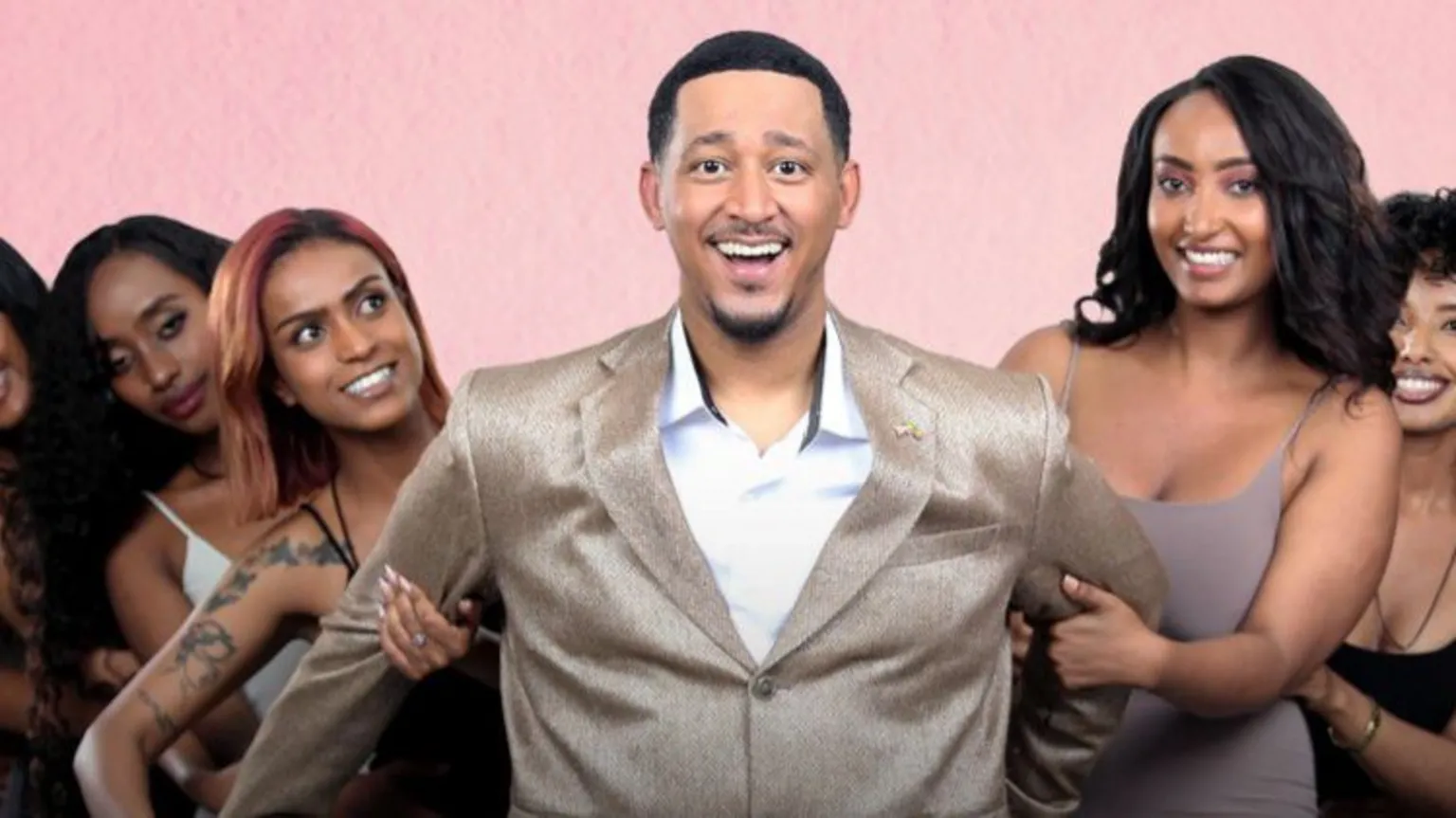
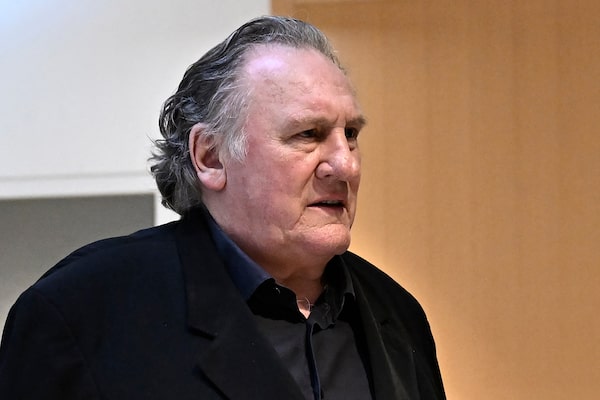
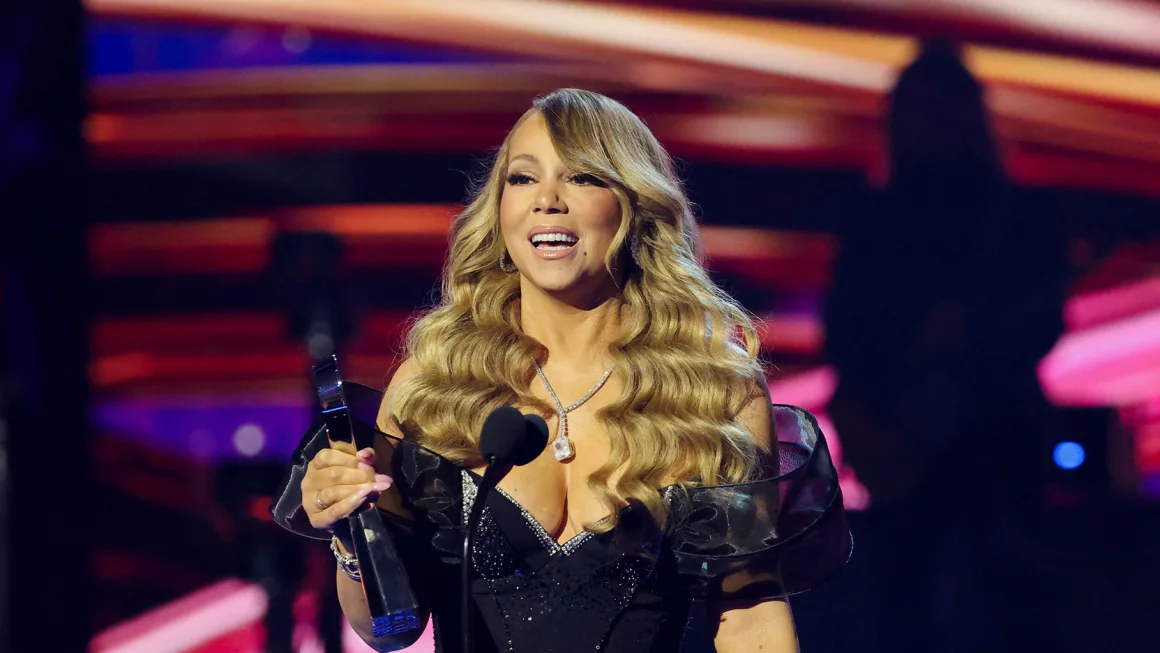

0 Comment(s)